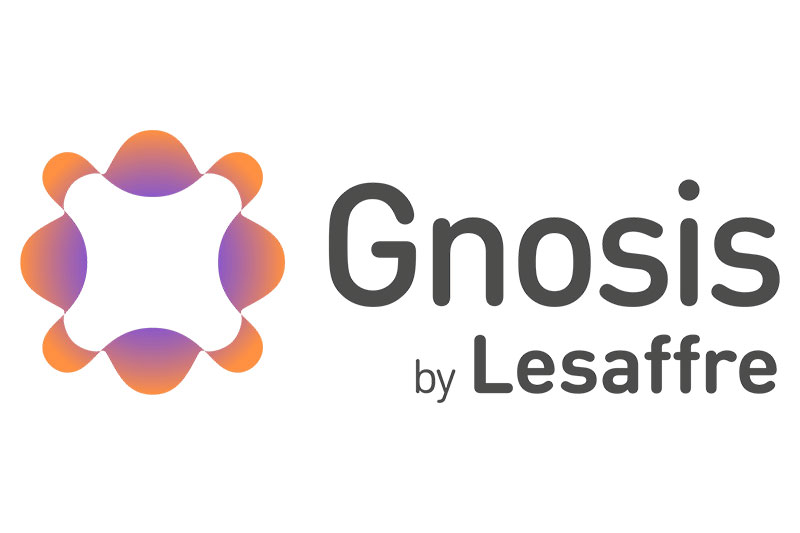Cognitive impairment is a substantial public health concern due to the exponentially increasing number of older adults. Developing novel strategies to protect cognition in the elderly population is critical for managing the disease burden and cost of care.
A large range of variables dictate the extent to which humankind develops neuropathologies as cognitive impairment. Processes related to cognitive decline/dementia begin to damage the brain many years, if not decades, before symptoms become apparent and cause a progressive decline in functioning as more of the brain is damaged, making early intervention key to slowing/preventing cognitive decline.
Folate, such as the metabolic active form Quatrefolic is among the nutrients with potential significance for retention of cognitive capabilities and prevention of cognitive decline in old age.
Clinical research states that a daily supplementation with folate helps improving cognitive performances, including memory and information processing.
Folate plays important roles in the synthesis of DNA, gene expression, homocysteine (Hcy) detoxification and synthesis of neurotransmitters necessary for the maintenance of cognitive function, through the participation in the one-carbon metabolism, the life-sustaining pathways that happens in each cell of the body.
In particular, the 5-methyltetrahydrofolate (5-MTHF or L-methylfolate), such as Quatrefolic, is the only form of folate able to enter the brain without previous metabolism.
Quatrefolic passes the Brain Blood Barrier (BBB) and can support brain function in subject with reduced metabolism of folate, due to a genetic defects (polymorphisms) of a key enzyme 5-methylentetrahydrofolate reductase (MTHFR), which impair the folate conversion and the body ability to produce 5-MTHF.
However, the effective intake of folate plays a significant role, as folic acid is not biologically active and must be metabolised in order to be absorbed. As a result, for those individuals with MTHFR polymorphism, folate may be difficult to assimilate.
“A new edition of the Gnosis magazine “News from Science” with the title of “Folate and Cognitive Impairment: the Protection of Memory” has been just issued. The leaflet helps to understand the role of folate in cognitive”, said Lorena Carboni, Products Supports Specialist of Gnosis.
“It highlights why Quatrefolic is kindly recommended to those individuals who, due to their unique genetic patterns and expression, own MTHFR enzyme polymorphism and do not produce adequate or effective Methylentetrahydrofolate reductase (MTHFR), thus encountering all health problems associated with the lack of vitamin B9.”

